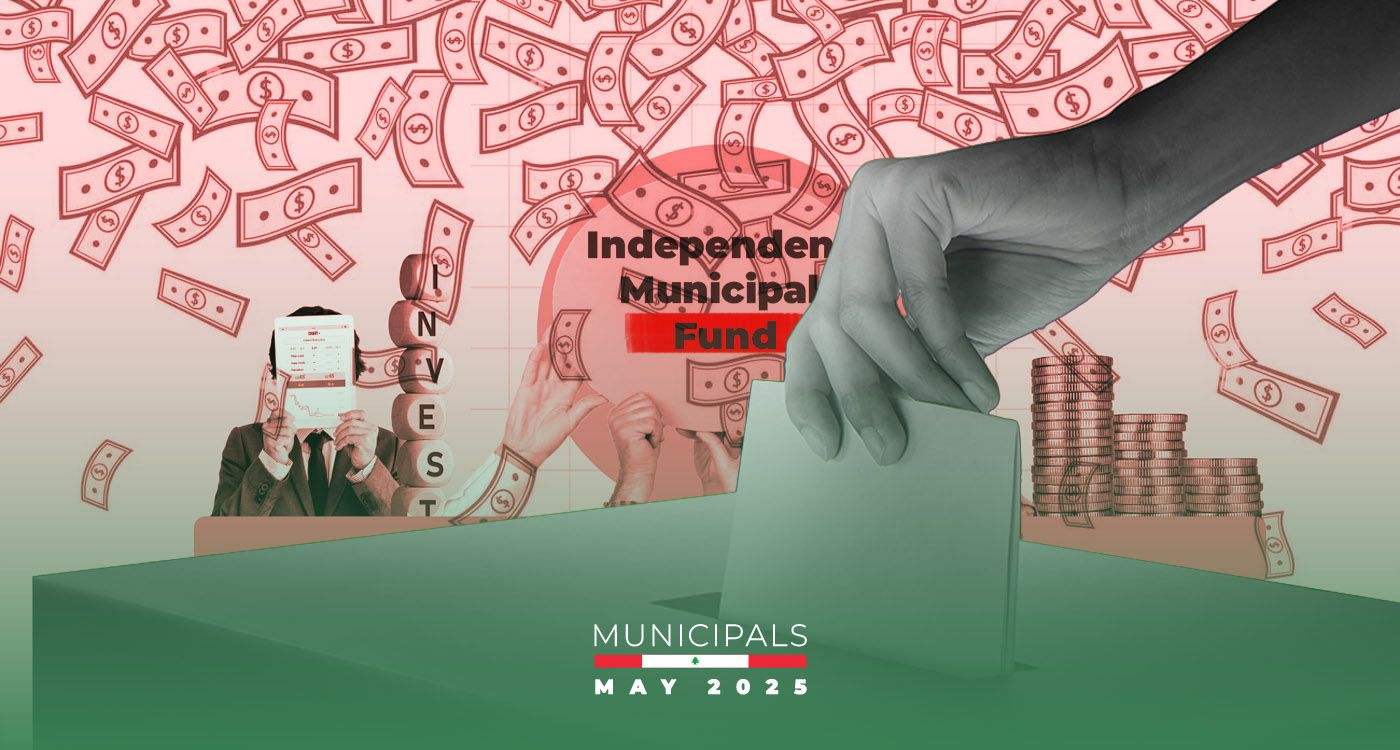
In Lebanon, no conversation about municipal elections seems complete without mentioning the Independent Municipal Fund. Whether in political discourse or campaign rhetoric, the fund remains at the heart of debate—and controversy.
Established with the noble aim of supporting municipalities and municipal federations, especially those with limited resources, the Fund was meant to drive balanced development across Lebanon. Administered by the Ministry of Interior, it was once seen as a cornerstone for empowering local governance. Today, however, its mechanisms have turned it into a source of frustration—and in some cases, a threat—to towns, villages, and cities alike.
The Fund’s revenues come from a mix of taxes and fees: telephone charges, construction permits, public property dues, real estate registration, and municipal violations. But the core issue is not how the money is collected—it’s how it’s distributed.
Instead of transferring funds directly to municipalities, the Ministry of Interior retains control, allocating them for development projects as it sees fit. This centralization undermines the very principle of administrative decentralization.
Supporters of the current model argue that direct distribution risks misuse, especially if municipal leaders act in bad faith or pursue projects disconnected from their community’s real needs. Yet, this same concern applies to the Ministry of Interior itself—whose large-scale projects and sweeping ambitions often result in inefficiency and overspending. In contrast, smaller municipalities may be better positioned to use funds judiciously, with less room for grand-scale corruption.
What’s missing is not central control, but genuine accountability. Both municipal heads and the ministry should be held equally responsible for the management of public funds. This debate is less about who spends the money and more about who ensures transparency in its allocation.
Without a serious push toward decentralization, the Fund will remain under a central authority overwhelmed by the task of managing over a thousand localities, a matter that stifles development and deepens inequality. Real justice demands equitable distribution—empowering municipalities to lead their development efforts, backed by effective oversight. The muhafezin (governors), alongside the Ministries of Interior and Finance, must enforce rigorous audits to ensure responsible spending.
Failure to adopt this model would impede attempts to institute financial decentralization that would benefit the population in Akkar, the Bekaa, and the South, who are neglected by the central authority.
Had municipalities been granted proper access to their share of the Fund, Lebanon might have avoided decades-long crises, including garbage piling up on streets, crumbling village roads, and outdated infrastructure in remote rural areas.



Comments